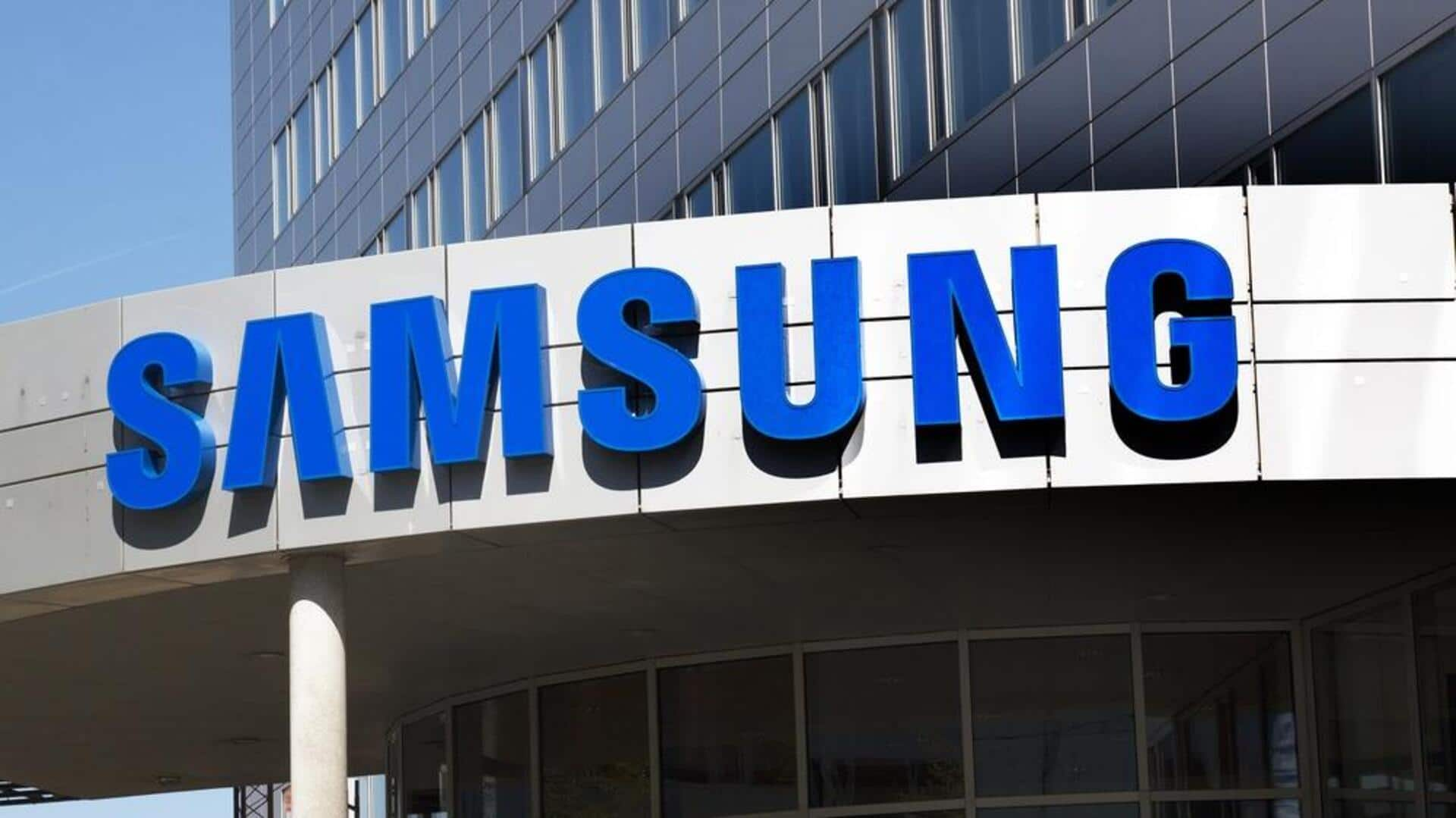Samsung will make employees work longer hours—But why?
What's the story
Samsung Electronics has received government approval to exceed its employees' working hours beyond the legally mandated 52-hour workweek in South Korea.
The Ministry of Employment and Labor granted the exemption specifically for Samsung's System LSI division, which focuses on semiconductor research and development.
The move comes after regulatory changes were made last month to boost productivity in the country's crucial semiconductor industry.
Extended hours
Chip division granted extended working hours
Under the new guidelines, employees in Samsung's chip division can now work up to 64 hours per week for the first three months, and 60 hours per week for the next three months.
This is a significant increase from the previous nationwide cap.
The change comes as part of efforts to boost productivity in an industry that faces intense global competition and strict timelines.
Challenges faced
System LSI division under pressure to deliver
Samsung had earlier raised concerns that the restrictions were limiting its ability to meet critical project deadlines.
The System LSI division, which designs advanced chips, is under growing pressure to boost performance and win key contracts.
The company is already facing multiple challenges, such as improving yields of its 2nm process technology and tackling delays in High Bandwidth Memory (HBM) chip orders from industry giant NVIDIA.
Market impact
South Korea's semiconductor industry and labor rule changes
The semiconductor market is a crucial economic sector in South Korea, accounting for a major chunk of the country's exports.
In an effort to stay competitive, the government had amended labor rules to permit exemptions for certain high-value industries.
Samsung is now the first beneficiary of this relaxation, but other local semiconductor companies are also gearing up to seek similar exemptions.
Controversy
Debate over worker rights and corporate responsibility
The government's decision has ignited a debate on worker rights and corporate responsibility.
Details on whether employees will be compensated for the extra hours have not been disclosed.
Labor groups and critics may question if such policies defeat the purpose of the 52-hour cap, which was introduced to combat overwork and reduce stress-related health issues.
Proponents say this exemption is a necessary step to maintain South Korea's dominance in the global chip industry.
